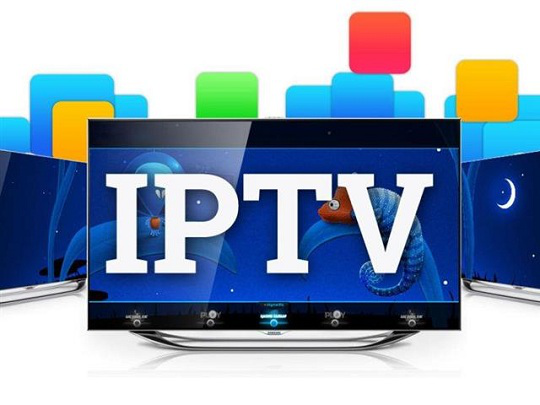In recent years, the landscape of television broadcasting has undergone a profound transformation with the advent of Internet Protocol Television (IPTV) service. IPTV represents a shift from traditional broadcasting methods to a more flexible and dynamic approach to delivering television content. In this article, we delve into the world of IPTV service, exploring its features, benefits, and impact on the future of television.
What is IPTV?
IPTV, or Internet Protocol Television, is a technology that delivers television services like tv-vd.com over an internet connection rather than through traditional satellite or cable formats. Unlike conventional methods, which rely on fixed schedules and limited channel offerings, IPTV allows viewers to access vast content on-demand at their convenience.
How Does IPTV Work?
At its core, IPTV operates by transmitting television signals over an internet protocol network, such as broadband internet. Users can access IPTV services through various devices, including smart TVs, computers, smartphones, and dedicated IPTV set-top boxes. Content is delivered to viewers through video streams, which can be live broadcasts or pre-recorded media.
Features of IPTV Service
One of the critical features of IPTV service is its on-demand functionality, which enables viewers to watch their favourite shows, movies, and sporting events whenever they choose. Additionally, IPTV platforms often offer advanced features such as pause, rewind, and fast-forward, giving users greater control over their viewing experience.
Furthermore, IPTV services frequently include interactive features such as program guides, search functionality, and personalized recommendations based on viewing history. These features enhance the overall user experience, making it easier for viewers to discover new content and navigate vast programming libraries.
Benefits of IPTV
The rise of IPTV services has brought about several benefits for consumers and content providers. IPTV offers consumers greater flexibility and convenience, allowing them to access their favourite content from any location with an internet connection. Additionally, IPTV often provides access to a broader range of channels and programming options than traditional broadcasting methods.
From the perspective of content providers, IPTV opens up new opportunities for monetization and audience engagement. By leveraging the interactive capabilities of IPTV platforms, content providers can deliver targeted advertisements, gather viewer data, and offer subscription-based services, ultimately driving revenue and enhancing viewer satisfaction.
The Future of Television
As IPTV continues to gain traction in the television industry, its impact on the future of television cannot be overstated. With advancements in internet technology and the proliferation of high-speed broadband networks, IPTV is poised to become the dominant method of television delivery in the coming years.
Furthermore, the convergence of IPTV with other digital technologies, such as cloud computing, artificial intelligence, and virtual reality, promises to revolutionize how we consume and interact with television content. From immersive viewing experiences to personalized recommendations, the possibilities for the future of IPTV service are endless.
In conclusion, IPTV represents a significant advancement in the evolution of television broadcasting, offering unparalleled flexibility, convenience, and interactivity for both viewers and content providers. As technology continues to evolve, IPTV is poised to reshape the television industry, ushering in a new era of entertainment for audiences worldwide.

